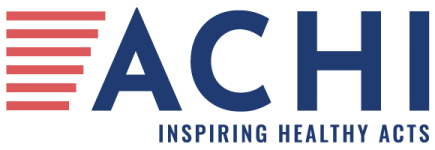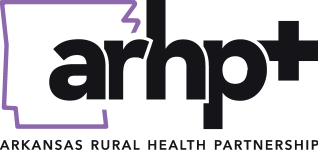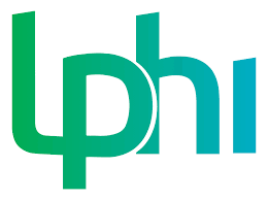ACHI IS a proud recipient of the
NSF Engines Development Award:
Advancing Equitable Access to Food and Health Technologies in the Delta (AR, LA, MS)
The Initiative
With funding from a National Science Foundation (NSF) Engines Development Award, the Arkansas Center for Health Improvement (ACHI) is leading regional partners in an initiative to promote equitable health and economic outcomes in the Mississippi Delta regions of Arkansas, Mississippi, and Louisiana (Award Number 2304299).
ACHI and its partners will develop a proposal for an innovative initiative to transform one of the most disenfranchised areas of the country into a thriving, diversified, and integrated economic driver.
The initiative will focus on three areas:
- The design, development, and manufacture of over-the-counter or pharmacy-administered diagnostic materials and therapeutics, with a focus on innovations, advancements, and infrastructure that improve healthcare for underserved populations.
- The development of more-effective methods for production, distribution, and accessibility of fresh, healthy food, including advancements in precision agriculture and the development of new business models that integrate food as medicine with existing and emerging healthcare delivery.
- The development and testing of new telehealth models and digital tools that can be embedded in the home and across rural clinical and pharmacy sites, taking advantage of modern advances in machine learning, artificial intelligence, and data science.
Organizations interested in collaborating with ACHI and other regional partners to advance equitable access to food and health technologies in the Delta (AR, LA, MS) are encouraged to contact us.
This project is supported by the National Science Foundation under Award Number 2304299.
About NSF Engines
The U.S. National Science Foundation’s Regional Innovation Engines program, or NSF Engines, catalyzes and fosters innovation ecosystems across the United States to:
- Boost innovation capacity.
- Create sustainable ecosystems.
- Demonstrate inclusive economic growth.
Participating organizations support the development of diverse regional coalitions of researchers, institutions, companies, and civil society to lead research and development that engages people in the process of creating solutions with economic and societal impacts. Through the process, coalitions will also train and develop the local workforce and grow regional innovation ecosystems.
Building A Coalition
Residents of the Mississippi Delta region have been historically marginalized and have suffered from systemic racism, persistent poverty, high rates of chronic disease, and limited access to health care. To overcome these challenges and harness the region’s strengths to positively impact communities, the coalition will share experiences, ideas, and innovative solutions. Leading organizations include:

Dr. Joe Thompson
Arkansas Center for Health Improvement (ACHI)

Mellie Boagni Bridewell
Arkansas Rural Health Partnership (ARHP)

Dr. Karen Matthews
Delta Health Alliance

Charity Hallman
Hope Enterprise Corporation (HOPE)

Shelina Davis
Louisiana Public Health Institute (LPHI)



